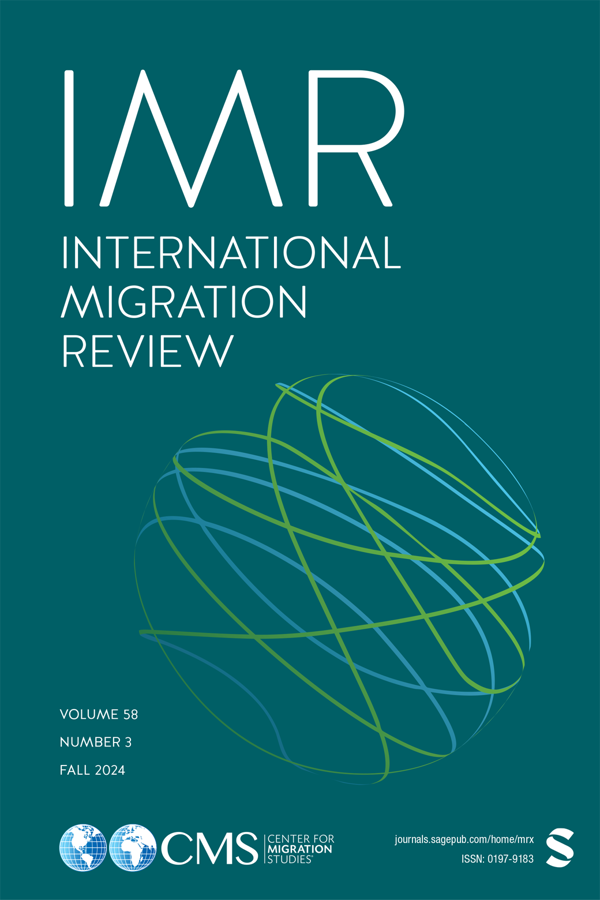“Why do people migrate?” is a question that forms the pivot of migration studies, and migration theory in particular. But it has hardly found satisfactory answers. In this article, I reapproach the question from an array of diverse angles and provide eight responses. Some are aligned with recent theoretical developments, others unpack long-standing ideas with evolving significance, and still others are fundamentally atheoretical. Together, they show how the question can be answered, how it is being answered—even inadvertently or misleadingly—and what the implications are of answering the question in different ways. These are the responses, which each initiates a discussion: (1) For the reasons under which they are admitted as immigrants; (2) For reasons that are socially legitimate; (3) Because the sum of push and pull factors is in favor of migration; (4) Because they have the aspiration and the ability to do so; (5) Because an opportunity presents itself; (6) Either because they chose to or because they are forced to; (7) Because they see migration as either intrinsically or instrumentally valuable; (8) To lead a normal life. The discussions demonstrate how theoretical, methodological and political dimensions of migration sway the ways in which reasons for migration are understood and represented. “Why do people migrate?” is slippery as a research question, but its indeterminate nature makes it a guiding light for research that navigates a diversity of perspectives with humility and curiosity.
Carling, Jørgen (2024) Why Do People Migrate? Fresh Takes on the Foundational Question of Migration Studies, International Migration Review 58 (3): 1–35.









